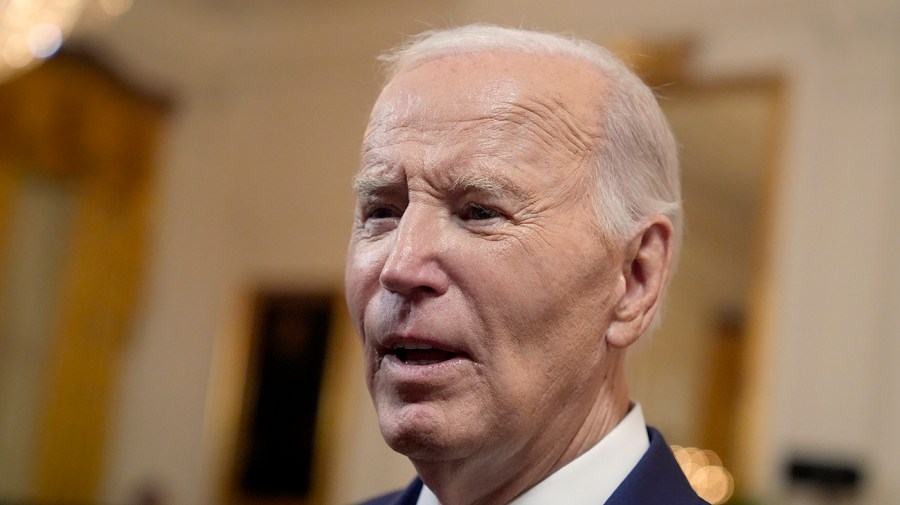Physical Address
304 North Cardinal St.
Dorchester Center, MA 02124
Physical Address
304 North Cardinal St.
Dorchester Center, MA 02124


President Biden’s decision to ban drilling on the east and west coasts of the United States, while splashy, may not have significant impacts on climate or energy in the coming years.
Since very little oil and gas is drilled in these places to begin with, the move is mostly symbolic, at least in the short term.
On Monday, Biden banned new drilling on the east and west coasts of the US and in part of Alaska and the eastern Gulf of Mexico. The move leaves the central and western Gulf of Mexico in play.
The action received significant political attention, drew praise from environmentalists, and was criticized by industry and Republicans.
But its actual effects are expected to be limited because very little offshore drilling actually occurs outside the Gulf.
“I think the overall impact of the drilling ban on future US production levels will be quite small,” Andrew Lipow, president of consultancy Lipow Oil Associates, said in an email.
He noted that the Gulf of Mexico is the area “where oil producers want to drill because it is most likely to contain commercially recoverable amounts of oil and natural gas.”
Meanwhile, there is currently no drilling on the Atlantic coast and some sparse drilling on the Pacific coast.
Lipow said he believes the industry has little interest in drilling off the California coast because of its “adversarial relationship with the oil industry” and noted that the obstacles for the East Coast are even greater.
“Even if the industry decided to drill in this area today, they must contend with building pipelines and receiving infrastructure to land facilities in states that already have significant local opposition,” he wrote.
In the short term, the government has no plans to sell drilling rights anywhere except the Gulf.
While Trump will likely revise those plans, it’s unclear whether he plans to open up the areas blocked by Biden in the immediate future or whether the industry is eager to drill there.
“The industry’s short-term focus has been the Gulf of Mexico,” said Erik Milito, president of the National Ocean Industries Association, which represents both offshore oil and gas and offshore wind companies.
“We have a lot of major projects online. We still have some room for the Gulf of Mexico to discover more resources and bring more oil and gas online,” he said.
However, Milito said he opposes Biden’s move because, in the long term, “we need to find new places to find and discover oil and gas.”
“The Pacific is understood to contain massive amounts of oil,” he said. “We just want to make sure we don’t take options off the table long term.”
For his part, Trump has condemned the measure, promising to do so “Unban him immediately.”
However, any bid to do so could face legal hurdles.
During his previous term, Trump tried to resume drilling in areas blocked by former President Obama, but was blocked from doing so in court.
In 2019, a judge ruled that the Outer Continental Shelf Lands Act gives presidents the right to block drilling in certain areas, but not to restore it.
But it’s unclear whether future court decisions will follow the same logic, with Trump and his allies saying the new president has the right to overturn Biden.
“We see no reason why the president should not have the authority to modify or rescind these types of decisions,” said Milito.